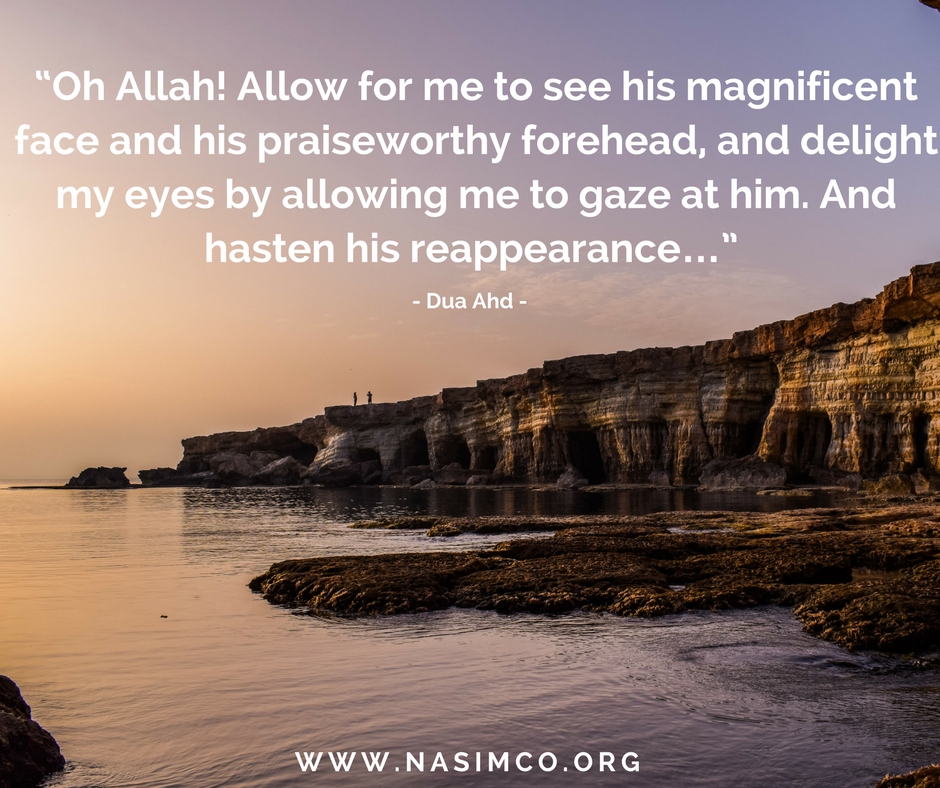

The month of Dhal Qa’dah is the 11th month of the Islamic calendar and the first of the “sacred months”
as mentioned within the Holy Qur’an. Traditions point to this month being an opportunity for the believers to
have their supplications answered and when ones’ seeking of repentance should be intensified. According to
historian reports, this month also coincides with the birth of the 8th Imam, Ali bin Musa al-Ridha (a) on the
11th, and on the 29th of this month is the day of the martyrdom of the 9th Imam, Muhammad bin Ali al-Jawad
(a).
The beginning of this blessed month is the beginning of the journey of Prophet Musa (a) to Mount Tur in
order to seek his creator and gives us a brief glimpse into perhaps our responsibility in this blessed month
moving forward. While we do not have an abundance of narrations speaking to the merits of the month of Dhul
Qa’dah like other months in the Islamic calendar, its an opportunity for us to strive in other ways. We are now
more than a month removed from the best of all months, Ramadan, and we have an opportunity to be in a
state of introspection in regard to where we are now in comparison with where we were then. In other words,
we should see that “soul searching” or being serous about our faith is a full-time job and a responsibility that
has its fair share of bumps in the road.
Many people feel very distant from God and the religion of Islam soon after the holy month due to a
lack of keeping up with prayers or fasting or charity…but its also important to recognize that Islamic law does
not mandate that we fast the entirety of our days and command us to prayers every night. Rather we should
take a look within ourselves and be in a state of accounting our own deeds and actions, so we can make small,
incremental steps. In a tradition from Imam Musa bin Ja’far (a), he states, “He is not from us who does not
account for himself (his deeds & actions) every day.” In other words, we should spend a portion of our
mornings or evenings to think about how I as an individual and we as a can make an improvement.
In a powerful tradition from the Commander of the Faithful, Imam Ali (a), he states,
“Surely the hearts are (sometimes) receptive and (sometimes) unresponsive. When it is in a state of
receptivity, than perform supererogatory acts of worship, and when it is in a state of unresponsiveness, than
limit it to performing that which is obligatory.”
In this hadith, the Imam speaks to the real nature of the human being—some days we feel motivated and some
days not so much. During those moments where we can do more, we should and those times when we are
feeling “burnt out” so they say, it’s okay to take a step back and fulfill our religious obligations which focusing
on keeping away from that which is forbidden.
So, no we are not all going to reach Mount Tur after 30 or 40 days and receive a spiritual revelation as Prophet
Musa did, but it’s about recognizing where we are and where we need to be. And thus, it becomes important
for us to recognize that not only every day, but every moment is an opportunity to make our ascension.